And so we reach the Merchant City. On our Clydeside Promenade we encountered yet another aspect of Glasgow’s hidden culture, a side of the city that it has not wanted you to know about, until recently anyway. A side which is deeply rooted in its past, buried under years of commercial development and regeneration – Glasgow’s role in the slave trade.
Since 2007, Stephen Mullen, historian and author of ‘It Wisnae Us: The Truth About Glasgow and Slavery’, has studied Glasgow’s mercantile past, with particular focus on the city’s connections to slave trading within the Empire. One thing he’s discovered through his research is that, “Everybody’s just assumed that slavery was a peculiarly English problem but Scots, and when I say Scots, it’s overwhelmingly the Glasgow merchants, they monopolised the trade and plantation produce.”
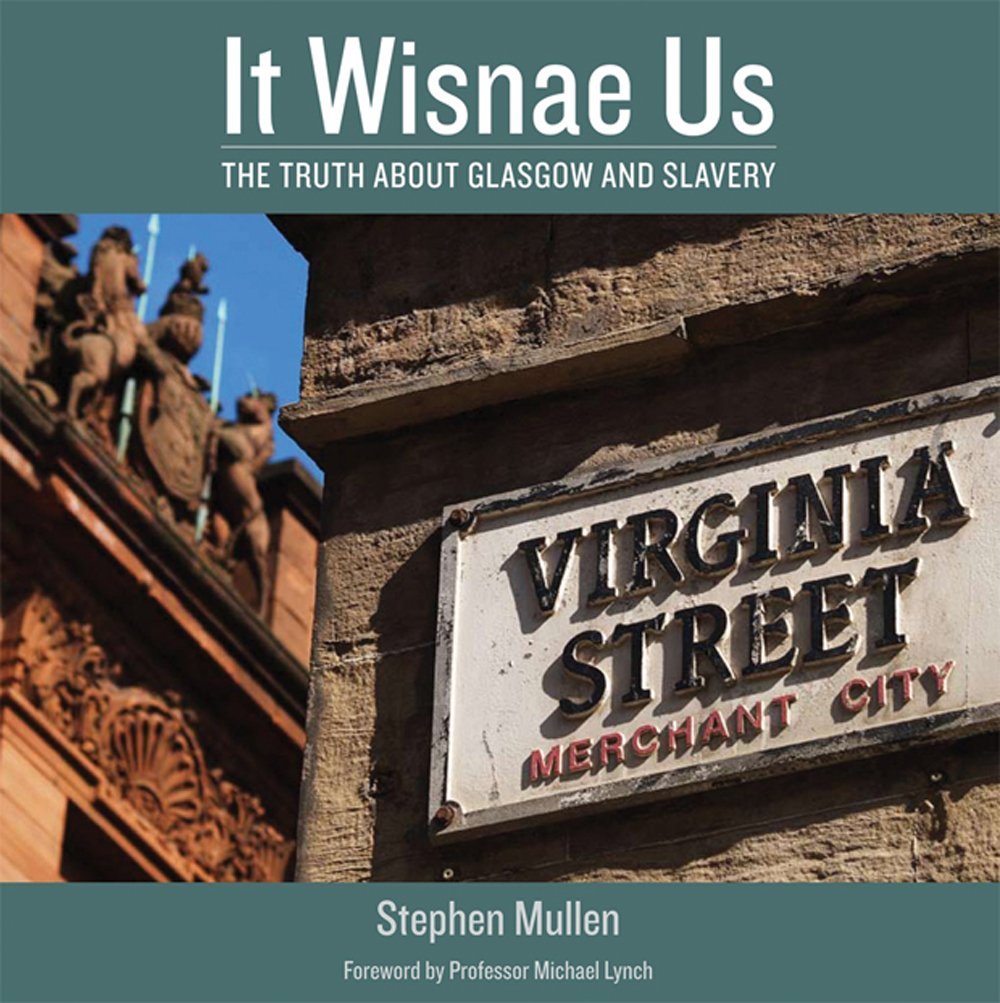
‘It Wisnae Us: The Truth About Glasgow and Slavery’, by historian Stephen Mullen, looks at they city’s mercantile past and role in the slave trade.
He speaks about Glasgow’s ‘golden age’ in tobacco, 1740-1790. “This is when Glasgow really takes over the global trade, hence the city’s colonial history is synonymous with tobacco and the tobacco lords,” he explains. He makes the important point that, “over the last 10-15 years, there’s this new understanding that the slavery system was more than just the slave trade – the trading of Africans – it was also about the produce, the exploitation and the expropriation of capital.”
But only the keen eye and enquiring mind would spot the clues in street names: Virginia Street, Kingston Bridge and (digging deeper) in Buchanan Street. Then things began to change. Two years ago writer Louise Welsh and Jude Barber of Collective Architecture collaborated on a creative project designed to bring Glasgow’s relationship with the North Atlantic slave trade out into the open.
The audio trail, Merchant City Voices, a series of seven sound installations commissioned by Glasgow City Council, won the 2013 Scottish Design Award. The project explored Glasgow’s involvement in the tobacco and sugar industries, and the system of forced labour that it depended on – all themes which were developed in the Empire Cafe Project at the Briggait this summer.
Mullen has been involved with The Empire Cafe, a series of events during the Commonwealth Games, exploring Scotland’s relationship with the slave trade through poetry, music, visual art, debates, film, workshops and walks. “What’s interesting for me is that it’s a really eclectic mix of people,” he says. “There’s a number of disciplines – there’s artists, historians, authors, a number of different intellectuals all in the one space, coming together.
“Not everyone is interested in reading history books or historical journals or academic texts so it’s a really great way to get into conversation with the Glasgow public. It’s making this history alive, creating this public discussion, bringing Scottish and Caribbean slavery to this national conversation.”
As Mullen sees it, the Commonwealth Games has come at just the right time for Glasgow to sit up and face the uncomfortable truths of history. “It’s presenting an opportunity that allows the city to re-evaluate our connections with Empire,” he explains. Interestingly, he makes the point that many of the athletes coming from Caribbean countries, such as Jamaica, which are still part of the Commonwealth, “have Scottish surnames so, in effect, some of them are coming home.”
Now, as the other athletes and tourists make their own way home, we invite you, the locals, the people who make Glasgow, to explore the nooks and crannies of your city with Clydeside Promenade. Get it as a free download for smartphones HERE. or as audio only from Bandcamp HERE
If you feel like doing a little exploring of your own, we welcome any interesting stories you might like to share. We always encourage venturing ‘off the beaten track’ and would love to hear from you. Get us on Facebook or Twitter, using #ClydeProm.
We’ve had an amazing time exploring the city along the river and we hope you’ve enjoyed taking the journey with us. Make sure to keep in touch through our social media channels, for updates on new audio tours, projects and events.

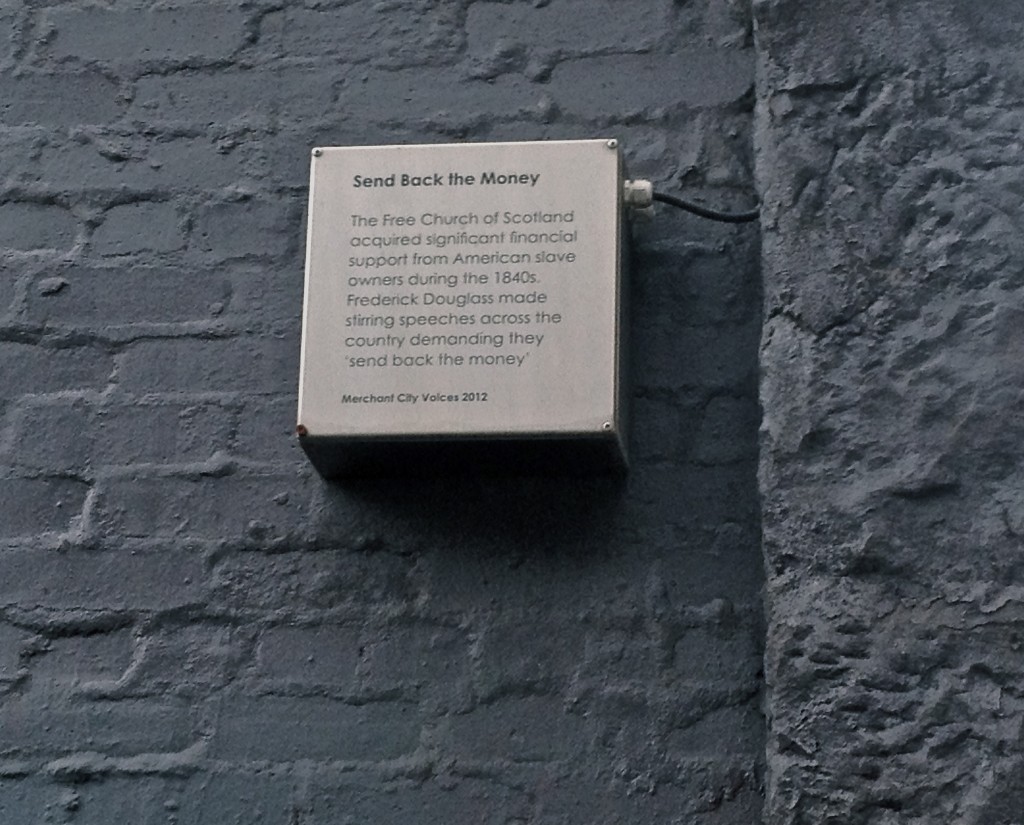
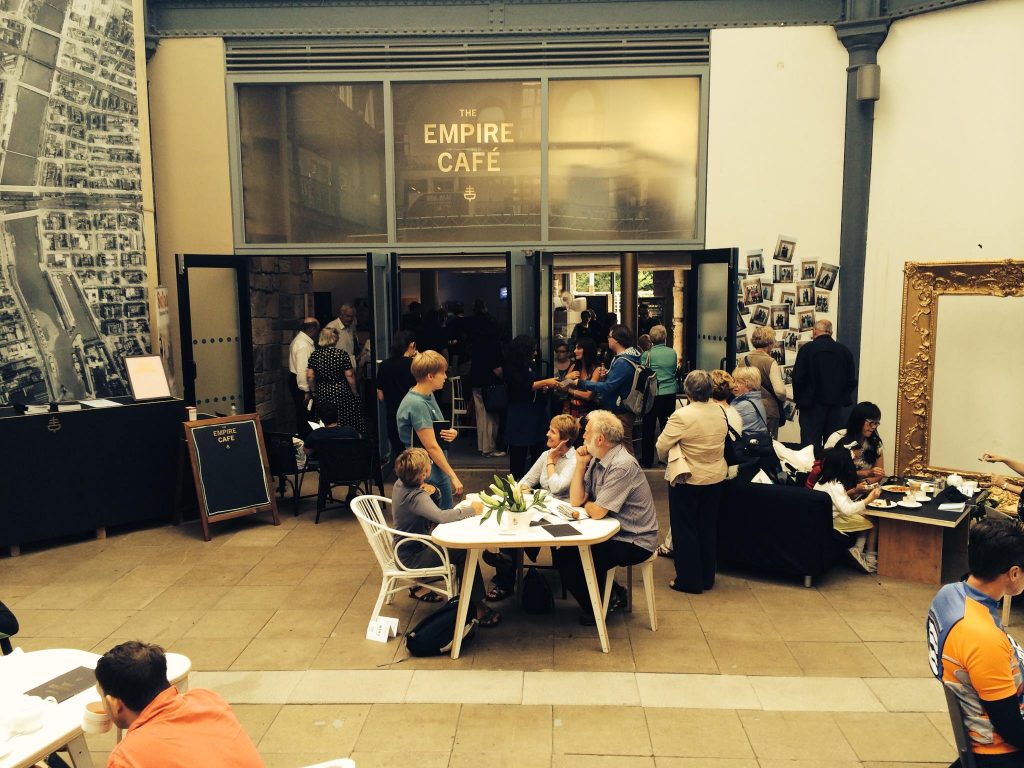
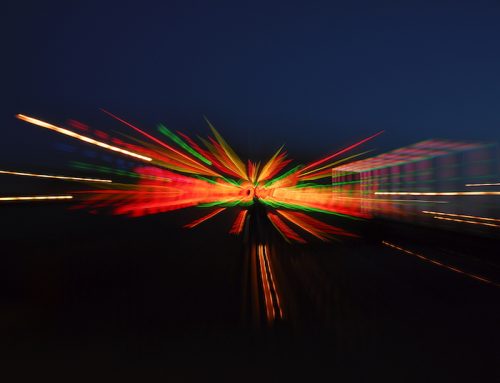
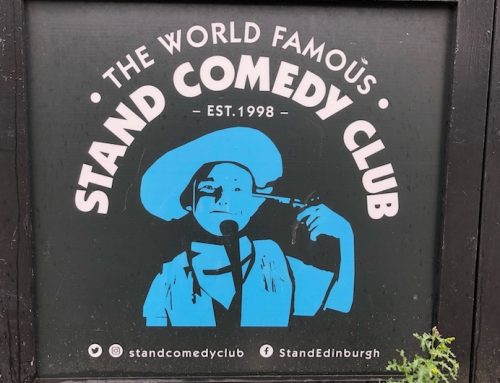
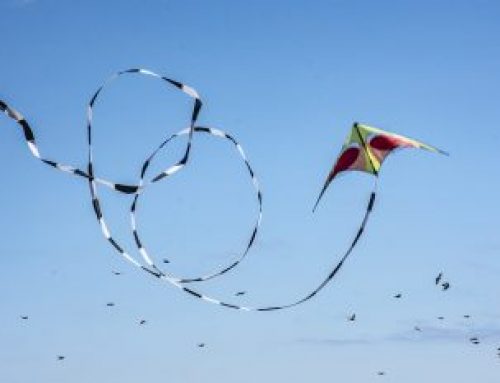

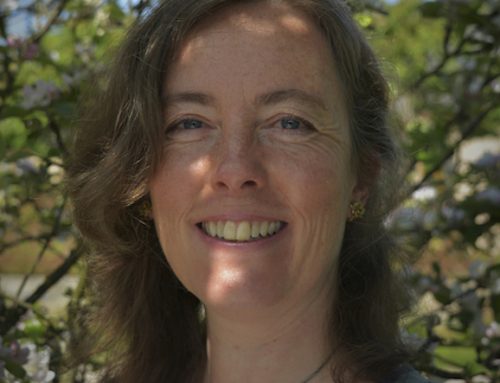
Leave A Comment